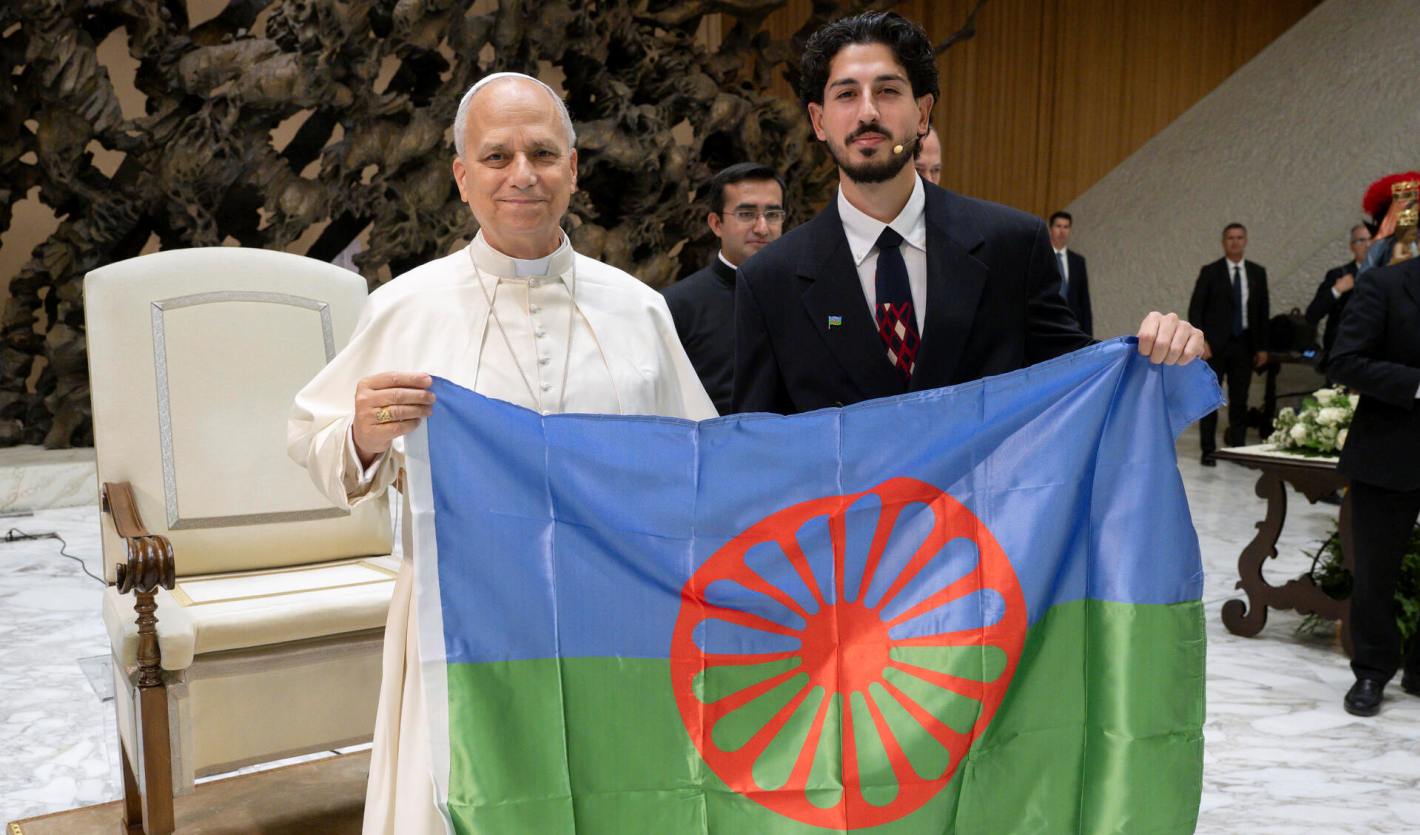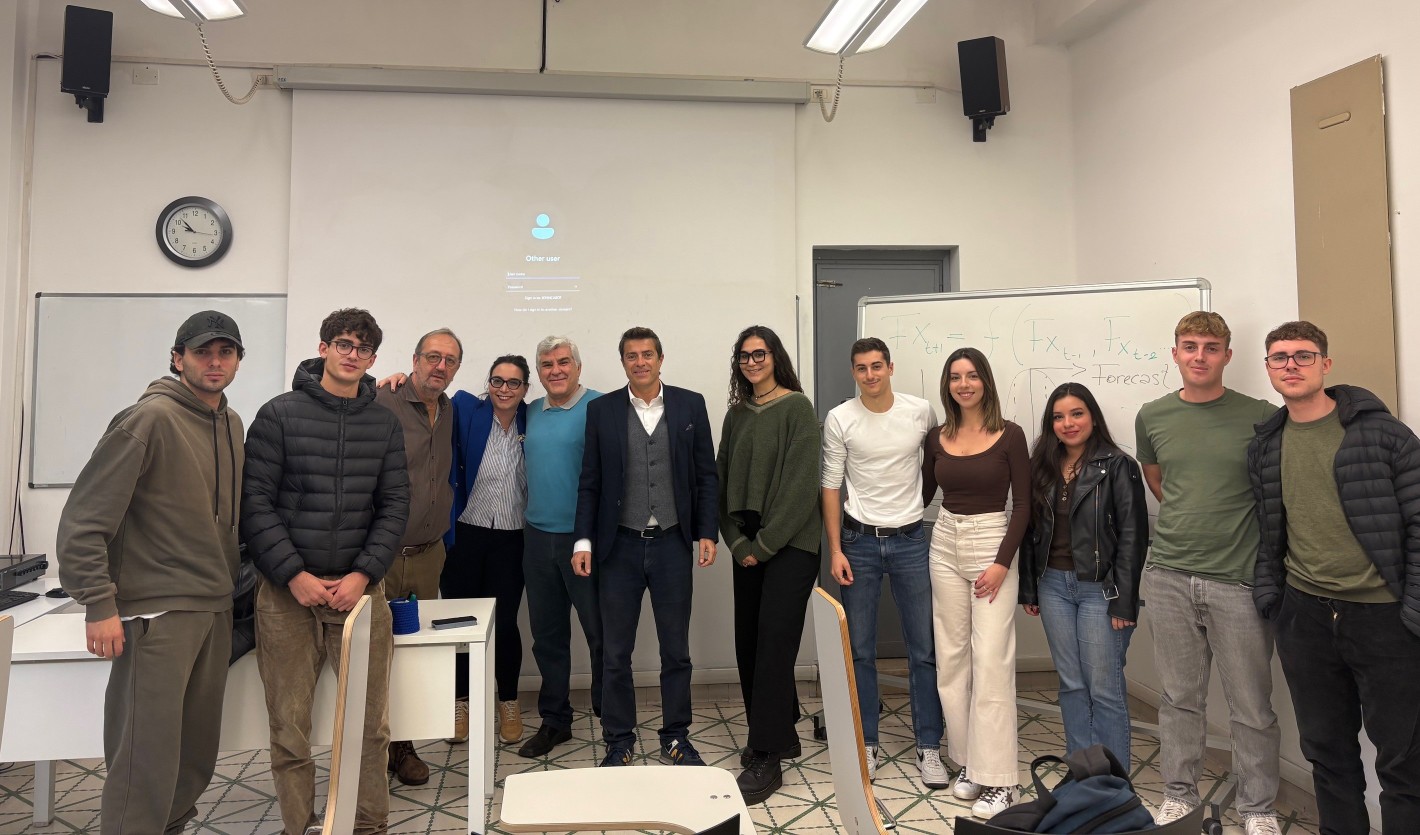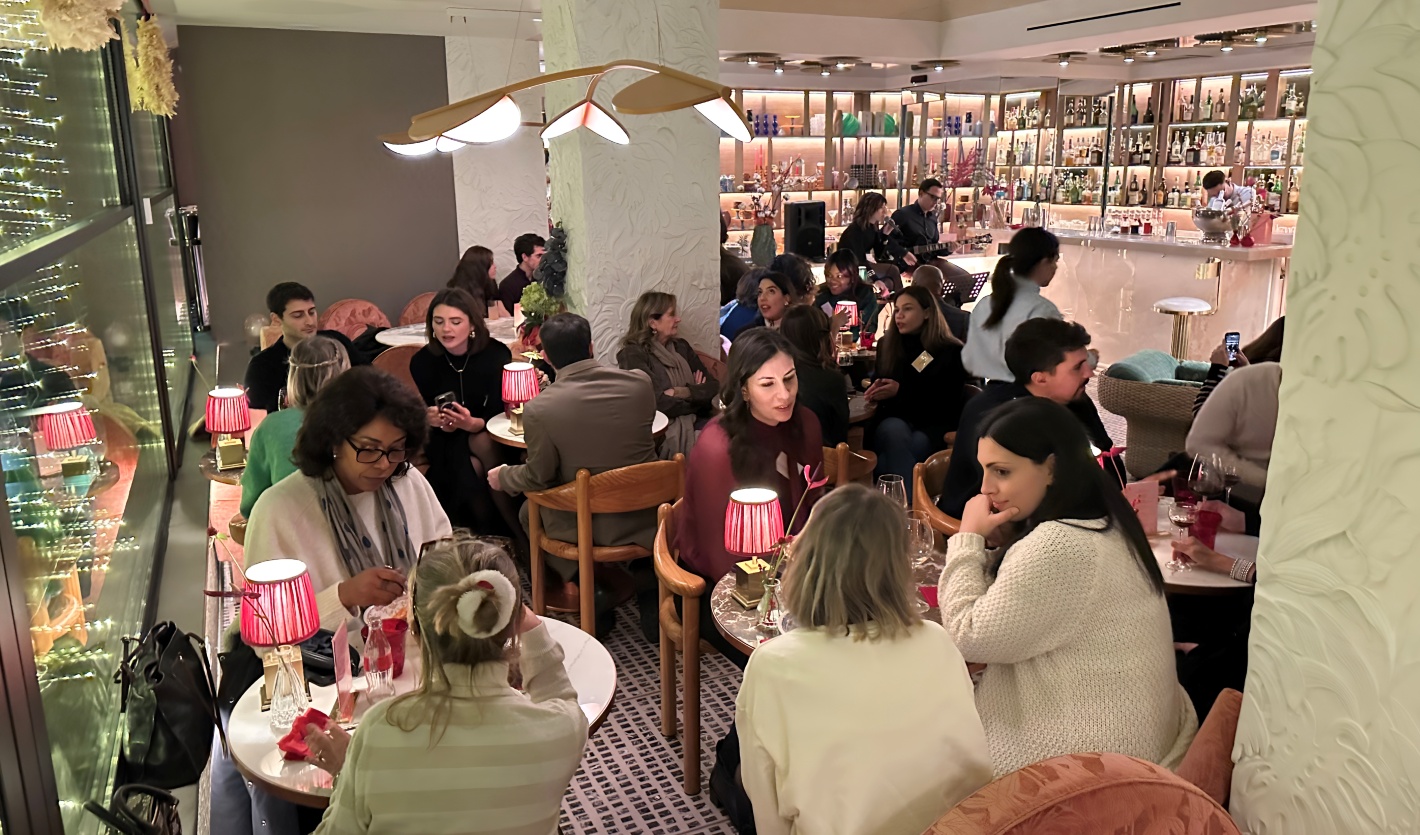On October 18, 2025, John Cabot University hosted the 14th Posthuman Studies Workshop, part of the ongoing JCU Posthuman Studies Workshop Series, organized by Professor Stefan Lorenz Sorgner and sponsored by the Department of History and Humanities.
The event brought together an international group of scholars to reflect on the philosophical, ethical, and cultural transformations that are present in an age of accelerated technological change.
The workshop opened with remarks by Professor Sorgner, who framed the discussions within the broader context of posthuman philosophy,a field that challenges the boundaries of what it means to be human. Special attention was given to biotechnology and artificial intelligence.
The first presentation, Damian Szczęch’s “Diverging Logics of Transhumanism and Eurotranshumanism,” traced the intellectual and ideological differences between Anglo-American and European approaches to transhumanist thought. Transhumanism advocates for genetic modifications to augment human capabilities and potential. Szczęch emphasized the importance of cultural context in shaping visions of human enhancement and technological progress.
Next, in his lecture titled “Alethic Nihilism and Islam,” Hureyre Kam explored how nihilism intersects with Islamic philosophical traditions, while Andrei Nuțaș followed with “Total-Surveillance Commons,” a critical reflection on the implications of digital surveillance and the erosion of privacy in contemporary society.
After a lively discussion and afternoon break, JCU History and Humanities Professor Massimo Betello presented “Gatekeeping Immortality: The Transhuman Asclepius Faces the Posthuman Zeus,” weaving together mythology and posthuman theory to discuss the ancient human desire for immortality.
Lavinia Garwood then revisited the enduring cultural resonance of Mary Shelley’s Frankenstein in “Frankenstein’s Legacy in the Cyborg Era,” connecting the novel’s themes of creation, autonomy, and responsibility to present-day debates in bioethics and artificial intelligence. The workshop concluded with Professor Sorgner’s lecture, “From Catholic Natural Law to Posthuman Sex,” which examined the shifting moral frameworks that shape contemporary understandings of the body, sexuality, and human autonomy in a posthuman context.
The Posthuman Studies Workshop came to a close by interrogating how philosophical inquiry can illuminate the ethical complexities of our time.












